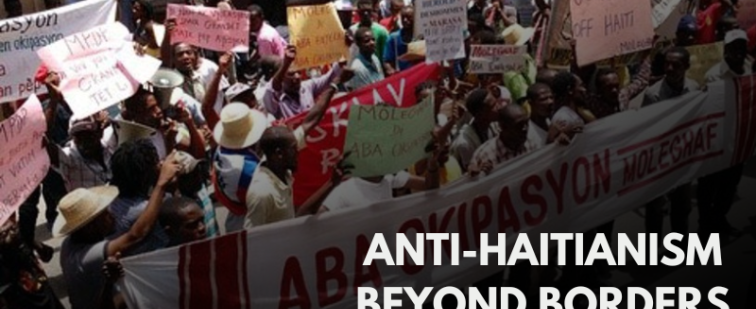Home
 |
At the end of his six-month tour at the U.S. detention facility in Guantánamo Bay, Cuba, Matthew Diaz made a decision that would change his life—and possibly that of hundreds of prisoners held in the Pentagon's legal vacuum. In return, Diaz was fired, jailed, and had his legal license suspended. Since blowing the whistle on the illegal detainment of so-called "enemy combatants," Diaz's life has been a daily struggle.
 |
John McCain, who has harshly criticized the idea of sitting down with "dictators" without pre-conditions, appears to have done just that. In 1985, McCain traveled to Chile for a friendly meeting with Chile's military ruler, General Augusto Pinochet, one of the world's most notorious violators of human rights credited with killing more than 3,000 civilians and jailing tens of thousands of others.
The third Americas Social Forum (ASF) took place in Guatemala City from October 7 to 12, 2008. Thousands of people and organizations, from every corner of the American hemisphere, gathered in the campus of the University of San Carlos, Guatemala, to participate, debate, exhibit, network, and develop progressive alternatives. As usual for any World Social Forum event, the ASF process in Guatemala was not without internal debates.
After tens of thousands of marchers arrived to La Paz, Bolivia’s four main political parties reached an agreement on October 20 to hold a national referendum on a proposed new constitution that would "refound" the Andean nation. If the accord holds, Bolivia will vote on the draft constitution on January 25, 2009, or 13 months after the country’s Constituent Assembly first presented the document to congress.
 |
Reggaetón made its electoral debut this year. First, Daddy Yankee turned heads when he publicly endorsed Republican presidential candidate John McCain. Barack Obama followed suit highlighting reggaetoneros support for the Democratic ticket in videos. But it is in Puerto Rico that reggaetón is making the largest political waves. Although dismissed by some as apolitical party music, this electoral season confirms reggaetón's politicization. What that means, exactly, depends on who is doing the politicking.
Latin America has been notoriously absent from the presidential campaigns of John McCain and Barack Obama. Nonetheless, Obama promises to foster a new era of hemispheric relations based upon mutual understanding and respect for national sovereignty. If he is elected, the strengths and weaknesses of his policies toward Latin America in the eyes of progressives will rely upon his ability to remain committed to a broad-range approach to the region despite conflicting interest groups and pressures on his administration.
In the southwestern department of Cauca on October 14, over 12,000 peaceful protestors from indigenous and other popular movements were violently attacked by Colombian security forces. The repression against the indigenous mobilization is only the latest sign of a growing wave of violent acts and selective assassinations against Colombia's popular movements by all armed actors of Colombia's internal conflict.
As stock markets tumble, plans for an alternative, regional financial framework gained new momentum among South American leaders. At a recent Summit, presidents from Bolivia, Brazil, Ecuador, and Venezuela agreed to bring the stalled Bank of the South online. They also drew up a series of integration projects and cooperation agreements.
Declassified U.S. government documents obtained through the Freedom of Information Act (FOIA) reveal a clear and consistent policy of U.S. intervention and meddling in Bolivia's internal affairs. These activities are directed from the U.S. Embassy in La Paz, particularly through the local offices of the U.S.-taxpayer-funded Agency for International Development (USAID).
Fury at the billionaire bailout of the criminal class that has driven Wall Street into a disaster of 9/11 dimensions festers down at the bottom of the economic food chain on Main Street. It is a familiar syndrome south of the border in Mexico, which had it's own mega-bailout in the 1990s. Back then, it was poor Mexican farmers and urban workers who ended up with the short end of the deal: they were saddled with onerous debt, their tax pesos financed the bailout and, in return, the cash-strapped government cut public services. Just over a decade later, it's déjà vu all over again—and Mexico could be next.












